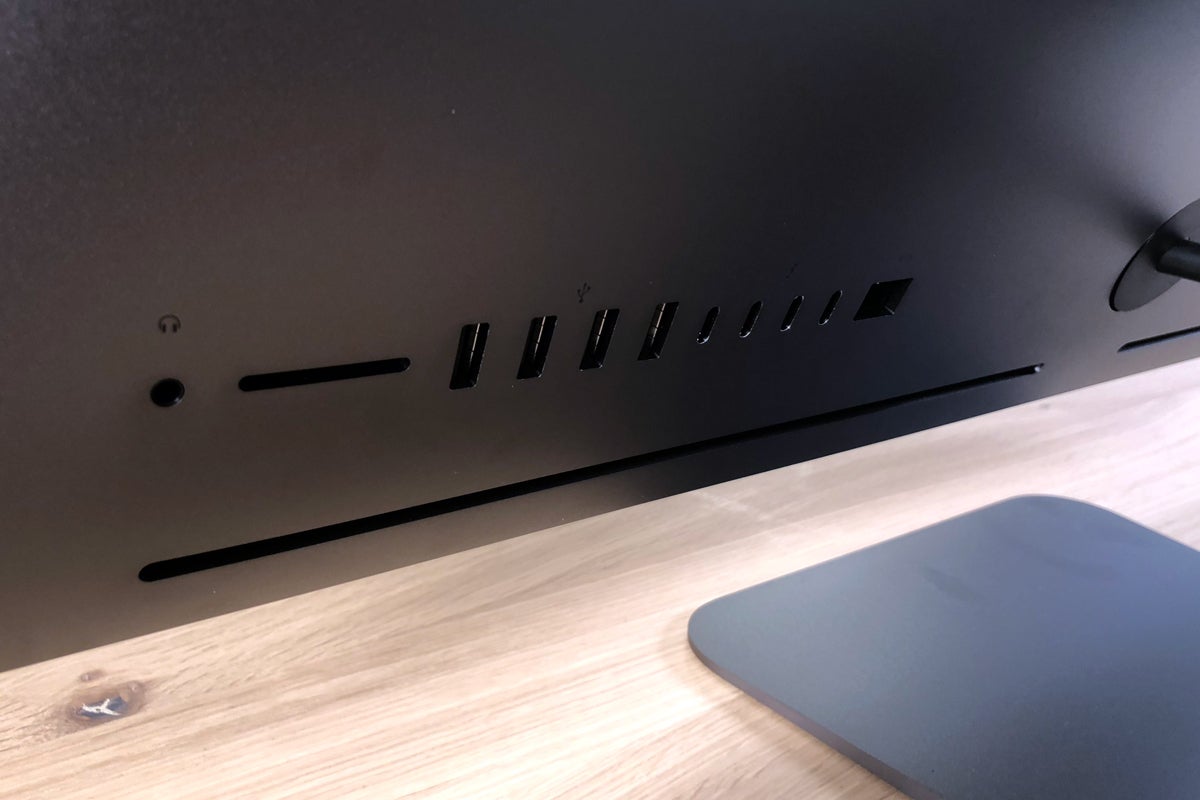

On all but the base model, the function keys were replaced with a touchscreen strip called the Touch Bar with a Touch ID sensor integrated into the power button.Ī November 2019 revision to the fourth-generation MacBook Pro introduced the Magic Keyboard, which uses a scissor-switch mechanism. The fourth-generation MacBook Pro, released in October 2016, adopted USB-C for all data ports and power and included a shallower "butterfly"-mechanism keyboard. It eliminated Ethernet and FireWire ports and the optical drive. It is thinner than its predecessor, made solid-state storage (SSD) standard, added HDMI, and included a high-resolution Retina display. The third-generation MacBook Pro was released in 2012: the 15-inch in June, a 13-inch model in October. Updates brought Intel Core i5 and i7 processors and introduced Intel's Thunderbolt. Called the "unibody" model because its case was machined from a single piece of aluminum, it had a thinner flush display, a redesigned trackpad whose entire surface consisted of a single clickable button, and a redesigned keyboard. The second-generation model debuted in October 2008 in 13- and 15-inch variants, with a 17-inch variant added in January 2009. Later revisions added Intel Core 2 Duo processors and LED-backlit displays. The 15-inch model was introduced in January 2006 the 17-inch model in April.
/cdn.vox-cdn.com/uploads/chorus_image/image/57984349/jbareham_171213_2180_0016.0.jpg)
The first-generation MacBook Pro used the design of the PowerBook G4, but replaced the PowerPC G4 chips with Intel Core processors, added a webcam, and introduced the MagSafe power connector.

It is currently sold with 13-inch, 14-inch, and 16-inch screens, all using variants of the Apple-designed M1 and M2 system on a chip. Introduced in January 2006, it is the higher-end model of the MacBook family, sitting above the consumer-focused MacBook Air. The MacBook Pro is a line of Macintosh notebook computers by Apple Inc.


 0 kommentar(er)
0 kommentar(er)
